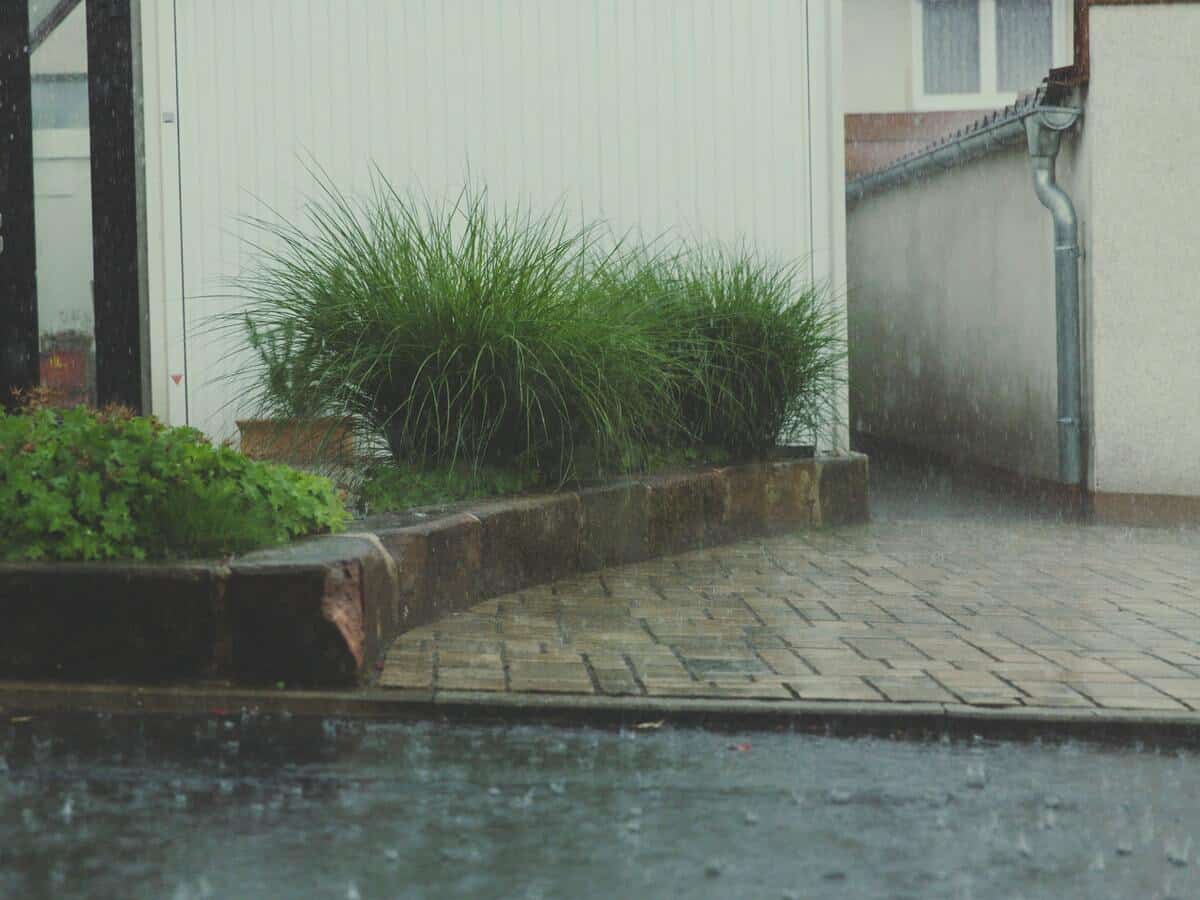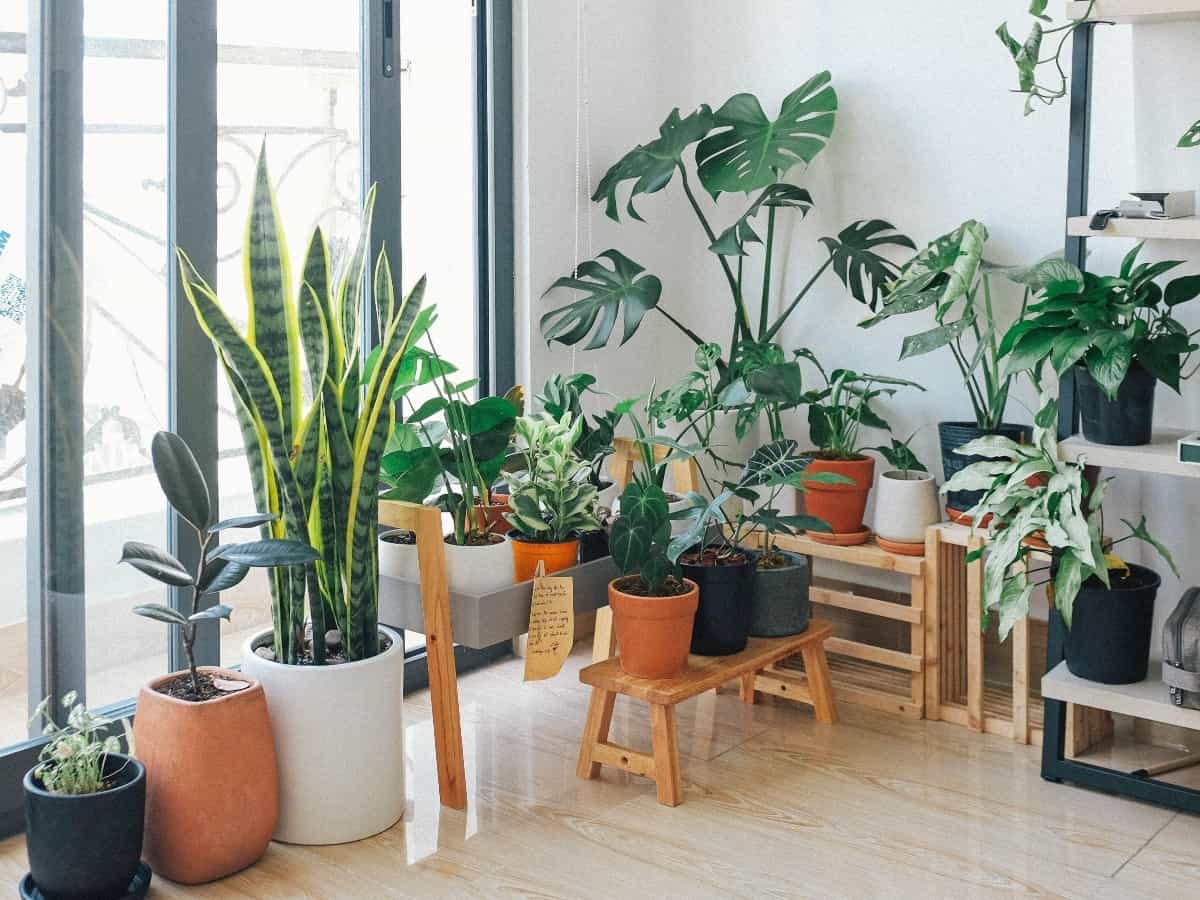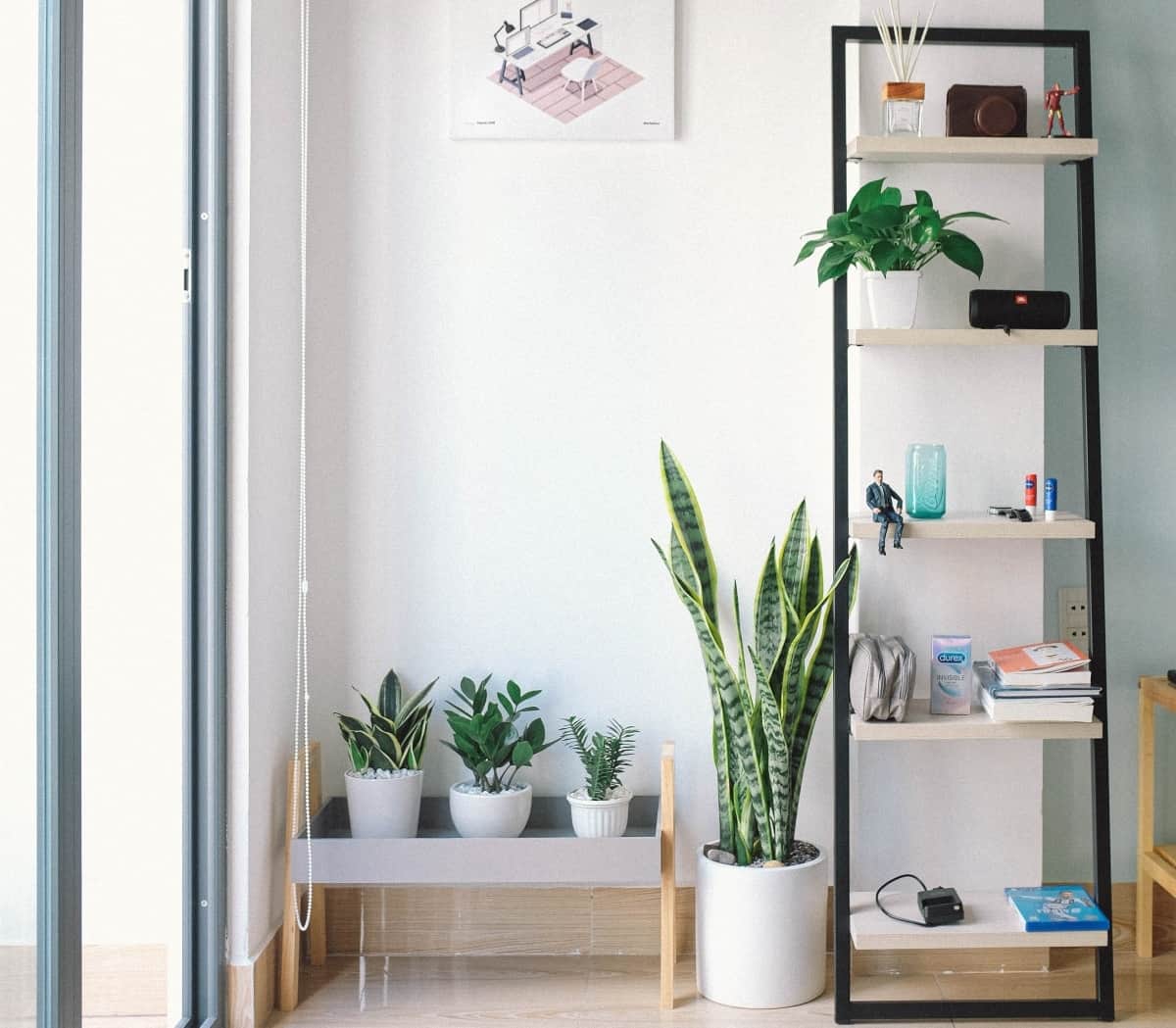Did you know plants are about 85% – 90% water? Water is the lifeblood of plants. It allows them to grow, flourish and maintain a healthy state. So, for your plants to thrive, access to sufficient water is integral for all growing environments. But, what is the best water for plants to grow long and strong? There are many factors to consider when choosing the best water for plants. The type of water, the pH level, the mineral content, and the temperature all play a role in plant growth.
Let’s look at the best water you can give your plants to make them grow long and healthy. Also, we will explore the benefits of using it.
Best Water for Plants: Rainwater
Rainwater is the water that falls from the sky as precipitation. It can be collected and stored for domestic use. In addition, you can use it as the primary water source for many plants and animals. One of the best things you can do for your plants is to water them with rainwater. Rainwater is naturally soft and contains minerals, making it ideal for plants. It’s also easy to collect; you’ll only need storage containers.
If you have doubts about rainwater, think of the wild plants that seem to grow so big with much resilience. Of course, we cannot say it’s wholly the rainwater but the combination of light, air, the right temperature, and soil nutrients. However, rainwater plays a vital role in their growth.

Chemical Composition of Rainwater
When rain falls from the sky, it’s often pure, but it picks up various chemicals from the atmosphere, including dust, pollen, and pollutants. These chemicals can have an adverse impact on the quality of rainwater. The chemical composition of rainwater can vary depending on the location, time of year, and other factors.
Rainwater comprises major and minor ions.
- Major ions: A major ion is an atom or molecule that has gained or lost one or more electrons, resulting in a net charge. It is present in significant concentrations in natural water and can be either cations (positively charged ions) or anions (negatively charged ions). Major ions in rainwater include sodium, magnesium, calcium, potassium, chloride, bicarbonate, sulfate ions, ammonia, nitrogen nitrate, and nitrite.
- Minor ions: Minor ions are ions that are present in small concentrations. They are typically not of major concern in terms of the overall composition of the water, but they can still be necessary for specific applications. For example, minor ions can be used to track the movement of other, more major ions. Additionally, some minor ions can have a major impact on the properties of water, even if they are present in small concentrations. They include iodine, bromine, boron, iron, alumina, and silica.
You may think most water types contain these minerals and assume you can use any water for your plants. Rainwater is different. Let’s see what sets aside rainwater from all the other water.

What Are the Benefits of Rainwater in Plants?
The good thing about rainwater is that it has fewer chemicals hence its many benefits.
Free from Chlorine and Fluoride
Chlorine and fluoride are added to the public water systems or well water. But unfortunately, too many of these minerals can harm your plants. Accumulating too much fluoride can inhibit photosynthesis, carbohydrate metabolism, respiration, and other processes.
On the other hand, high chlorination in water can get into the leaf tissues, which leads to spotted, burnt, or scorched leaves. This affects the plant’s growth and overall health. Rainwater is free from chlorine and fluoride, making it the best water for plants.
It Contains Less Magnesium and Calcium
Rainwater contains less magnesium and calcium, so you don’t need to use sodium to reduce its concentration. A little magnesium in the soil is suitable for developing green pigment in plants. But too much of it can inhibit calcium uptake and lead to stunted growth or dark-colored plants. Also, too much calcium can lead to toxicity, preventing seed germination and plant growth. When using tap water, magnesium, and calcium can lead to damaged piping. This calls for sodium to lower its concentration, and just like calcium and magnesium, excess sodium is toxic to your plants.
Rainwater Has More Oxygen
Just like humans need oxygen to survive, so do the plants. Rainwater contains more oxygen because it has fewer chemicals that can strip oxygen from water. In addition, plants need oxygen for their roots, so rainwater can help them grow lush and strong.
Saves You Money
Using other types of water to water your plants can be overwhelming in terms of cost. However, rainwater is free; you only need an excellent system to harvest it. This can help to lower your water bill and is also eco-friendly. Furthermore, when you use rainwater, you can help prevent specific problems that excessive chemicals can cause. Preventing them eliminates the cost of buying products to boost plant growth.
Increased Carbon Dioxide in Plants
Carbon dioxide helps in photosynthesis, making plants grow faster. It also reduces water usage in plants. Rainwater brings carbon dioxide down to earth, leading to slightly acidic water when combined with other atmospheric minerals. The pH of rainwater is between 5.0 – 5.5 (although it depends on location), and anything below this can cause acid rain. Depending on the plants you’re growing, acidic water (pH 5.5 – 6.5) can be good for optimal growth. It also helps prevent bugs and pests. However, it’s good to note that water can reduce potassium, magnesium, and calcium if it is too acidic.
Rain Water Contains Nitrogen
Rainwater contains a small amount of dissolved nitrogen in the form of nitrite, nitrate, or ammonium. Nitrogen is essential for the growth of plants, as it ensures energy is available as and when needed. There are many benefits to using rainwater in plants. So, don’t be too quick to complain next time it rains. Instead, remember that rainwater can be pretty good for your plants and pocket.

How to Harvest Rainwater
Harvesting water is a great way to utilize natural resources, conserve the environment, and save money. Some people use rainwater for irrigation, bathing, cleaning, and drinking, especially in developing countries. The Centers for Disease Control and Prevention (CDC) recommends treating rainwater before using it for domestic use, especially for drinking.
Are you thinking of using rainwater for plants? If yes, here are some tips you can use to collect it to ensure you have plenty even when it’s not the rainy season. First, it’s essential to check whether your state has specific rules and regulations regarding rainwater harvesting.
- Use of rain barrels: This is the easiest and cheapest way to collect rainwater. First, you’ll need to install a gutter system, including downspouts. Then, put the barrel beneath the downspouts, where water will directly enter the tank. You can install a downspout debris filter to prevent dirt from entering. The only disadvantage is that you cannot collect as much water to last long.
- Dry rainwater harvesting: Dry rainwater harvesting helps to collect and store rainwater in large water tanks for future use. Here, the pipes go directly from the gutters to the tank.
- Wet rain harvesting: Water from a wet rainwater harvesting system goes to an underground water storage unit through installed pipes.
What Is the Alternative to Rainwater for Plants?
Since rainwater is not always available, it’s good to have another option to keep your plants thriving. Here is the best alternative to rainwater:
Spring water
Spring water is the second best water for plants. This form of water is typically free from chemicals and others that can harm plant growth.
Is Tap Water Good for Plants?
Tap water is generally safe for most plants but is not the best choice. However, it is essential to test the tap water quality before using it on plants. This is because some tap water may contain harmful chemicals or minerals that can damage your plants. If you are unsure about its quality, it’s best to err on the side of caution and use reverse osmosis water or distilled water instead.
Is Reverse Osmosis Water Good for Plants?
Yes. Reverse osmosis water is an excellent choice for your plants. The reverse osmosis process forces water through a semipermeable membrane, allowing clean water to pass through while trapping contaminants on the other side. This makes reverse osmosis an effective way to purify water for drinking, cooking, watering plants, and other purposes.

Improve Your Water Quality With the ONIT Home Filtration System
Rainwater is the best water for plants. It’s an essential resource, but it is also a limited one. That’s why it’s crucial to use rainwater wisely and conserve it whenever possible. Unfortunately, it might not always be available, and your plants need water regularly. Furthermore, spring water may not be available in your locality, leaving you with tap water as the only choice.
Tap water may contain toxic chemicals and minerals, which may reduce the healthy growth of your plants. This is where the ONIT Home reverse osmosis filtration system comes in. It helps eliminate contaminants without using chemicals, making it best for plants, cleaning, swimming, and bathing. Reach out to us for a free water test, and we will also interpret the results. We offer free installation and also our prices are affordable. Need clean water for your plants? We’re ONIT! Give us a call today at 1-833-433-0331 to get started.


